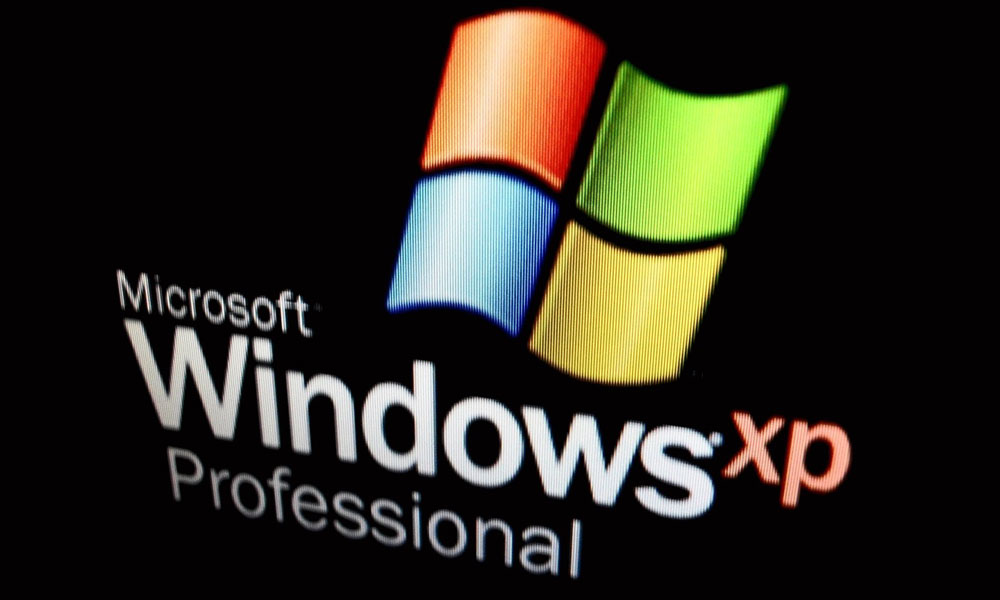
Microsoft: Outdated Windows Software Puts Users At Severe Malware Risk
With its Windows XP still in wide use, Microsoft has warned users in its latest security report that the dangers of sticking with the 12-year-old operating system are just too high.
Even if your employees haven’t found Windows 8 to their liking, that doesn’t mean your office should stick with Windows XP for much longer.
That’s what software giant Microsoft says in its latest Security Intelligence Report. The company, which finds itself in the unenviable position of having a large chunk of its user base on a product it released during the first year of George W. Bush’s presidency, is now telling users in the first year of Barack Obama’s second term that fresh malware risks could threaten millions of users.
The importance of upgrading from Windows XP cannot be overstated.
(For those doing the math at home, Windows XP was released in shrink-wrapped boxes 12 years ago this week, though it was available to its OEM providers a couple months before.)
More details below:
The risks these days: In its report, Microsoft points out three pieces of malware currently affecting the XP ecosystem: the Sality family, which lowers security settings on your machine, making personal data easier to steal; the Vobfus family, which downloads other malware and spreads through removable drives; and Ramnit, which infects executable files.
Why updated software matters: For one thing, the security is a lot better in recent versions of Windows. According to Microsoft, Windows 8 computers face the same kinds of malware threats as do Windows XP users, but the improved security in more recent copies of Windows leaves XP users at a risk six times higher than that of the 64-bit version of Windows 8. (Microsoft does say, however, that corporate users, which tend to use firewalls, face far lower threats on older software than do home users.)
Forcing users’ hands: If you’re a diehard, know that you’re standing firm at a risk. With Microsoft dropping support for Windows XP Service Pack 3 in April, the risks will increase as malware developers take advantage of known exploits on unsupported software, Information Week notes. (Though those who choose to stick it out will have at least some help: Google’s Chrome will remain supported through April 2015.)
In case you need one last reminder from Microsoft, here’s Tim Rains, the director of Microsoft Trustworthy Computing, discussing why you should upgrade from Windows XP:
“The importance of upgrading from Windows XP cannot be overstated. We truly want people to understand the risks of running Windows XP after support ends and to recognize the security benefits of upgrading to a more modern operating system — one that includes the latest in security innovations, provides ongoing support, and can in turn better protect them.”
Does your association still use Windows XP? If so, why haven’t you upgraded your users? Tell us your take in the comments.
(Microsoft)






Comments